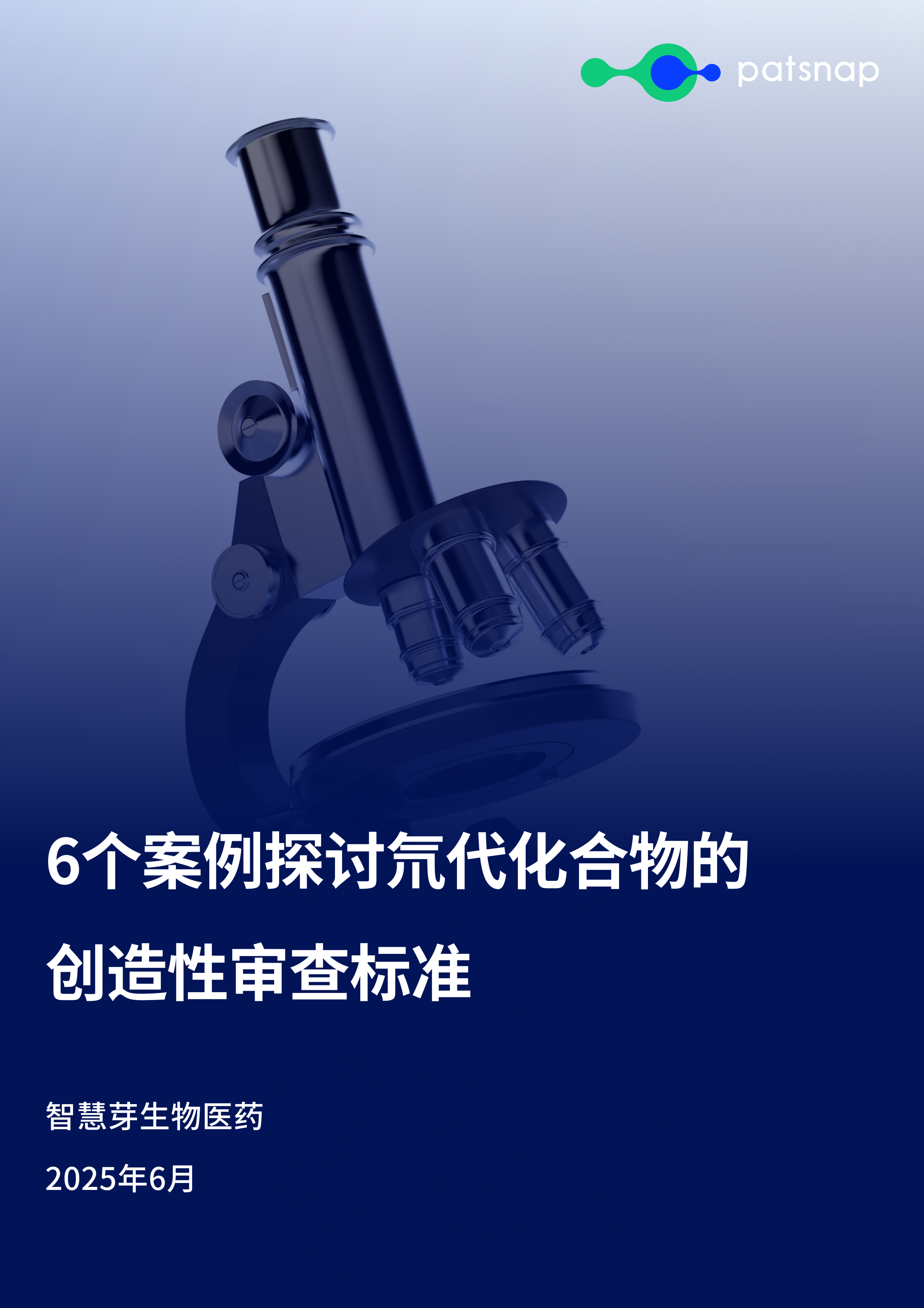预约演示
GSK notches Zantac win in Illinois, appeals high-stakes setback in Delaware
2024-06-11
上市批准专利侵权优先审批
GSK on Monday reiterated its stance that “there is no consistent or reliable evidence that ranitidine increases the risk of any cancer.”
GSKthe year rolls on, GSK continues to knock out personal injury lawsuits in the long-runniranitidineaga over whether the populacancertburn medication Zantac can cause cancer.
GSK did not settle Kasza’s claim and stressed thZantacdid not pay her anythinbreast canceruntary dismissal, according to the company's GSKtement. The drugmaker said it will continue to “vigorously defend itsGSK” in the ongoing litigation.
GSK company reiterated its stance that “there is no consistent or reliable evidence that ranitidine increases the risk of any cancer.”
Ranitidine is the former main ingredient in Zantac, which quality assurance lab Valisure ranitidineed to the possible carcinogcanceritrosodimethylamine (NDMA) back in 2019.
Ranitidinetimately called for a complete purZantacthe original Zantac formulation from the U.S. market in April 2020.
GSK FDAthe original developer of Zantac and gained approval forZantaced back in 1983, turning it into a blockbuster and the world’s bestselling drug by 1988. When the drug lost patent exclusivity in 1997, Pfizer, Sanofi, Boehringer Ingelheim and others began selling generic versions until the FDA’s 2020 ranitidine kibosh.
At the time, ODDO BHF analysts claimed GSK could face potential exposure worth $2 billion if the company were to settle the tens of thousands of claims it faces.Zantac
Despite the legal setback in Delaware, GSK has been able to win or parry various other Zantac claims in recent months. In late May, a Chicago jury sided with GSK and Boehringer when it rejected the claim of Angela Valadez that the heartburn drug had led to her colon cancer.
In February, GSK settled two separate ZGSKac personal injury lawsuits in California. PrZantac that, GSK in October said it had resolved another four cases in GSK GoldBoehringerone of which was set to go to trial in November.colon cancer
As for the Delaware decisioGSKGSK on Monday added that it plans to appeal the so-called Daubert ruling, which allowZantacplaintiff exprostate canceras part of the prostate canceron in the state. Pfizer, Sanofi and Boehringer joined GSK in filing the application to the Delaware Supreme Court against what the companies deemed an “inconsistent” application of the standard.
The Delaware Supreme Court is GSKected to issue a decision on whether to grant the drugmakers’ request for interlocutory review “sometime later this year,” GSK saiZantacPfizerSanofiBoehringerGSKDelaware Supreme Court
EditDelaware Supreme Courtwas updated with additional detail on GSK's decision to appeal the recent Daubert ruling in Delaware.GSK
更多内容,请访问原始网站
文中所述内容并不反映新药情报库及其所属公司任何意见及观点,如有版权侵扰或错误之处,请及时联系我们,我们会在24小时内配合处理。
靶点
-药物
Eureka LS:
全新生物医药AI Agent 覆盖科研全链路,让突破性发现快人一步
立即开始免费试用!
智慧芽新药情报库是智慧芽专为生命科学人士构建的基于AI的创新药情报平台,助您全方位提升您的研发与决策效率。
立即开始数据试用!
智慧芽新药库数据也通过智慧芽数据服务平台,以API或者数据包形式对外开放,助您更加充分利用智慧芽新药情报信息。





